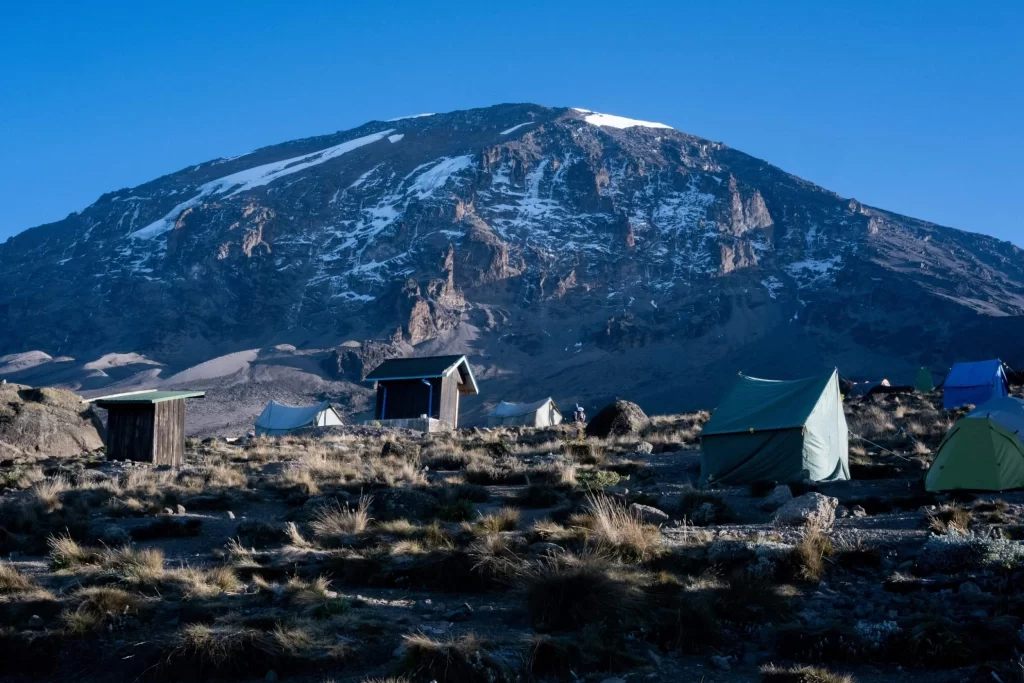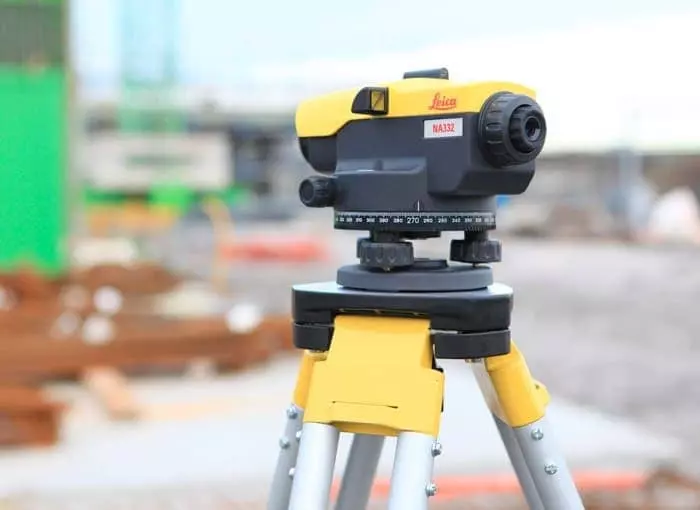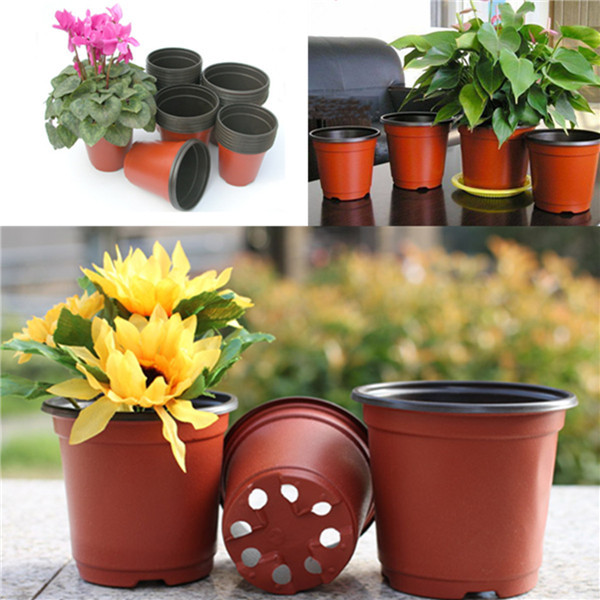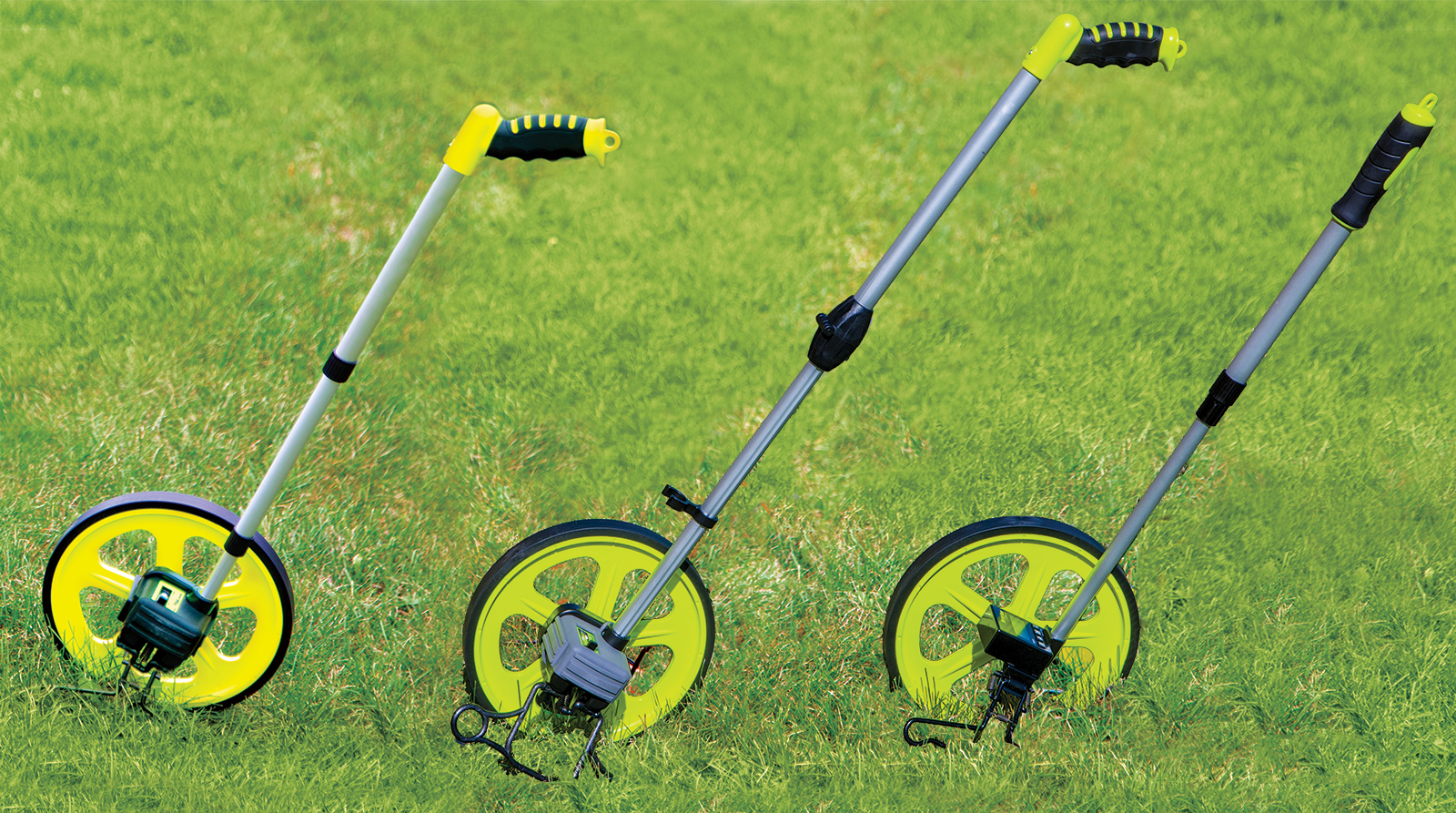What to Pack for Kilimanjaro?
1. Essential Clothing
Base Layers
Your base layer is crucial for moisture-wicking and insulation.
- Thermal Tops and Bottoms: At least 2–3 sets of lightweight or midweight layers.
- Sports Bras (for women): Moisture-wicking and breathable for comfort.
Insulating Layers
These provide warmth in colder zones.
- Fleece Jackets: A lightweight fleece is perfect for mid-layer insulation.
- Down Jacket: Opt for a high-quality insulated jacket for summit night.

Outer Layers
Protection from wind, rain, and snow is essential.
- Waterproof Jacket and Trousers: Choose breathable yet durable materials like Gore-Tex.
- Softshell Jacket: Ideal for milder, windy conditions.
Trekking Pants
- Convertible Hiking Pants: Lightweight, quick-drying pants that can turn into shorts.
- Thermal Hiking Pants: Essential for colder days at higher altitudes.
Headgear
- Sun Hat: A wide-brimmed or baseball hat to shield you from intense UV rays.
- Beanie: Warm and snug for cold mornings and summit night.
- Balaclava or Buff: For extra warmth and wind protection.
Gloves
- Inner Gloves: Lightweight, moisture-wicking liners.
- Outer Gloves or Mittens: Insulated and waterproof gloves for extreme cold.
2. Footwear
Hiking Boots
- High-Quality Boots: Waterproof, breathable, and well broken-in to prevent blisters.
Trekking Socks
- Wool or Synthetic Socks: At least 3–4 pairs to keep feet warm and dry.
- Liner Socks: Thin, moisture-wicking socks to prevent blisters.
Gaiters
Protect your boots and lower legs from mud, snow, and debris.
3. Sleep System
Sleeping Bag
- Four-Season Sleeping Bag: Rated for temperatures as low as -10°C to -15°C (14°F to 5°F).
- Sleeping Bag Liner: Adds warmth and keeps your bag clean.
Sleeping Mat (Optional)
While provided by most tour operators, consider bringing your own for added comfort.
4. Backpacks and Bags
Daypack
- Capacity: 20–30 litres to carry essentials like water, snacks, and extra clothing.
- Features: Comfortable straps, hydration bladder compatibility, and rain cover.
Duffle Bag
- For Porters: A durable, waterproof duffle bag (70–90 litres) for carrying the bulk of your gear.
5. Hydration and Nutrition
Water System
- Hydration Bladder (2–3 litres): Convenient for sipping water on the go.
- Insulated Water Bottles: To prevent freezing at high altitudes.
Electrolyte Tablets or Powder
Replenish lost salts and improve hydration.
Snacks
- Energy Bars, Gels, or Nuts: Lightweight, high-calorie snacks for extra energy.
6. Accessories and Equipment
Trekking Poles
Adjustable and lightweight poles to support knees during ascents and descents.
Headlamp
- With Extra Batteries: Essential for early starts and summit night.
Sunglasses
- UV Protection: High-quality, polarized lenses to protect against intense sunlight and glare.
Watch or Altimeter
Helpful for tracking time, altitude, and progress.
7. Toiletries and Personal Items
Toiletries
- Biodegradable soap and toothpaste
- Toothbrush
- Wet wipes for quick cleaning
- Quick-dry towel
Personal Medications
- Altitude sickness medication (e.g., Diamox)
- Pain relievers
- Any prescriptions
First Aid Kit
- Band-aids, blister plasters, antiseptic wipes, and tape.
8. Miscellaneous Items
Camera or Smartphone
For capturing memories—ensure it’s lightweight and has extra batteries or a power bank.
Power Bank
- Minimum 10,000 mAh capacity for recharging devices.
Notebook and Pen
To document your journey or jot down important details.
Ziplock Bags
To keep items like electronics and toiletries dry.
9. Optional Comfort Items
- Pillowcase or Travel Pillow: For added comfort during sleep.
- Hand Warmers: Useful for summit night and extremely cold mornings.
- Book or E-Reader: For entertainment during downtime.
Packing Tips
- Layer Strategically: Pack clothing in layers to adapt to Kilimanjaro’s varying climates.
- Waterproof Everything: Use dry bags or ziplocks to keep your gear dry in wet conditions.
- Weigh Your Bags: Porters typically carry up to 15 kg (33 lbs) of your gear; ensure your bags meet this limit. this is What to Pack for Kilimanjaro

Melissa Day is a dedicated home blogger who has been blogging for over six years. She covers everything home related. Melissa also loves writing posts about her travels to Europe with her husband and two children.












